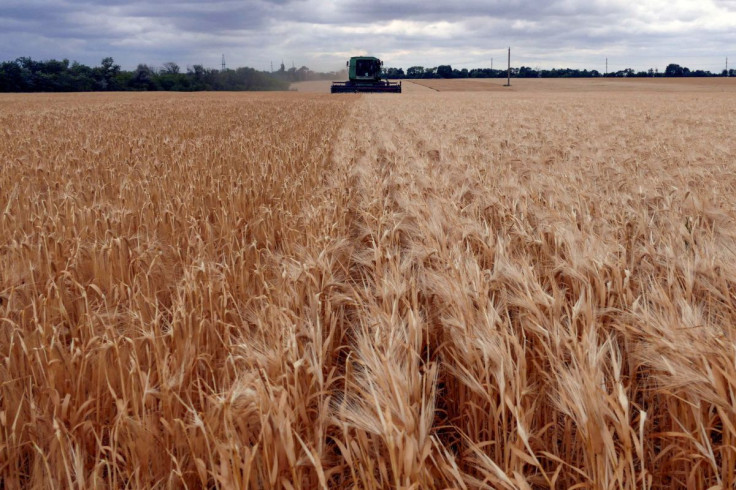U.N.'s FAO Receives $17 Million For Ukraine Grain Storage

The United Nations' food agency said it had received $17 million from Japan to address grain storage problems in Ukraine and increase its exports as global food prices remain near record levels amid war in the country.
The funds would help Ukraine, the world's fourth largest grains exporter, store produce from the current July-August harvest in plastic sleeves and modular storage containers, the U.N. Food and Agriculture Organisation (FAO) said.
Ukraine's Black Sea ports have stopped operating since the Feb. 24 Russian invasion, halting its maritime exports and leaving its silos full with grain. Food prices have soared in response, triggering a global food crisis and protests in developing countries.
"Ukraine's farmers are feeding themselves and millions more people around the world," said Rein Paulsen, Director of the FAO's emergencies and resilience office.
"Ensuring they can continue production, safely store and access alternative markets is vital to strengthen food security within Ukraine and ensure other import-dependent countries have sufficient supply of grain at a manageable cost," he added.
The FAO said Ukraine still had 18 million tonnes of last year's grains and oilseeds harvest stuck in storage, and the country was expecting to harvest another 60 million tonnes in the current season.
Around 30% of its granaries were full with last season's harvest however, the FAO said.
Ukraine, which shipped 44.7 million tonnes of grains in 2020/21, is trying to export its crop via road, river and rail, but logistics difficulties limit volumes to a maximum of around 2 million tonnes a month.
The FAO said it would also use its new funds to help Ukraine operationalise these alternative grains export routes.
© Copyright Thomson Reuters 2024. All rights reserved.







